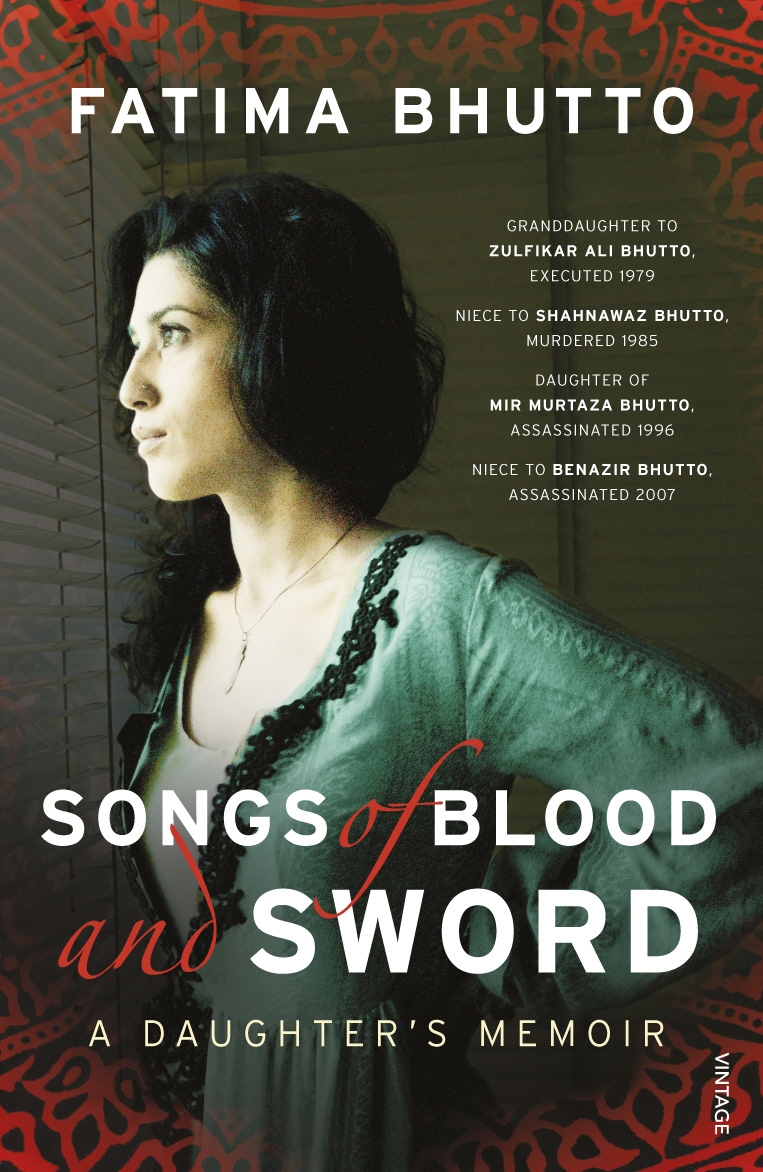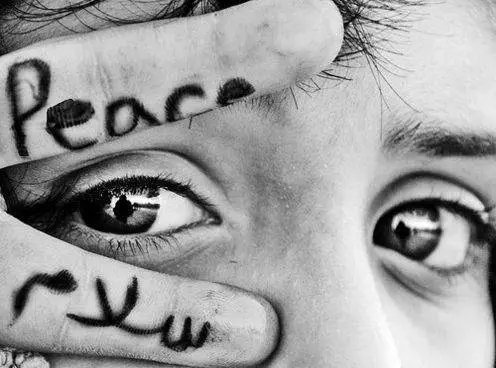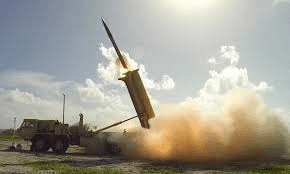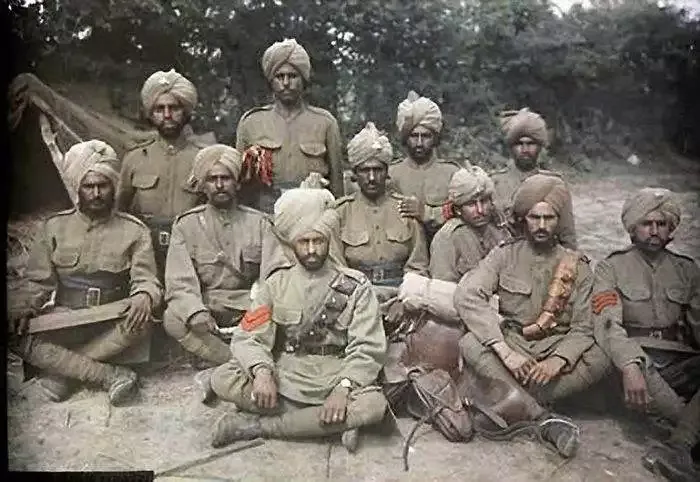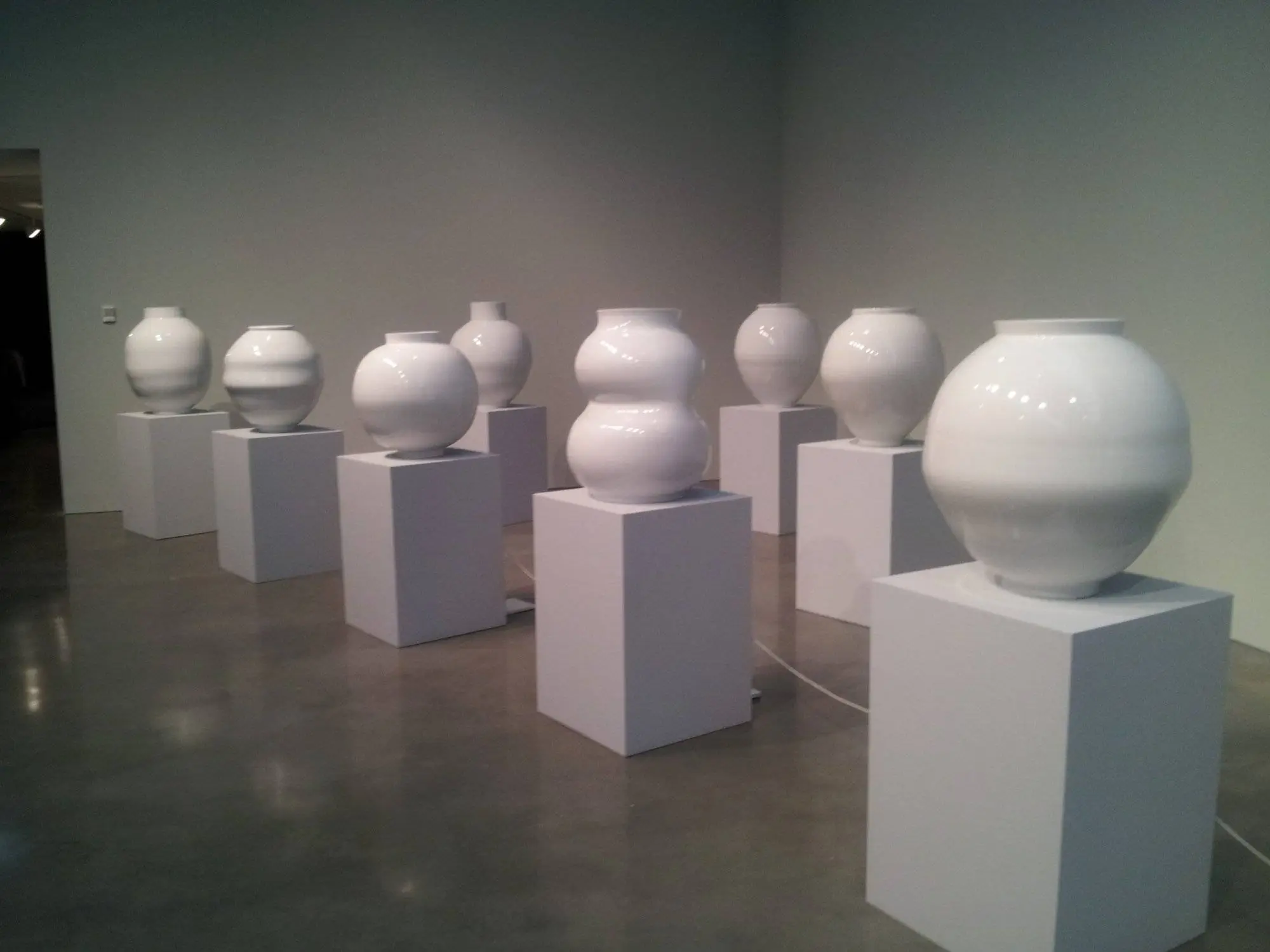
My foray into the world of renouncing material life (or the thought of it) began in the early sixties when I met Narsingh Dev Saighal, who came from a family of Anglo-Burmans. The famed dancer Ramgopal, who was then in London was Narsingh’s uncle. His father was a senior naval officer in the erstwhile colony of Burma. Narsingh himself was a Major from the Corps of Signals, who left the army after he saw his sad-guru in Vietnam. The Indian Army had a Signal detachment there as part of UN troops.
NSD Saighal had been influenced by the teachings of Swami Ramdas. NSD lived in an old palace called Torquay House at the corner of Millers Bank Road and the railway line closer to the Cantonment Station in Bangalore. My association with him inspired the ideas of leading a life of simplicity and piousness, till I saw him seeking employment and settling down to what could be a modified material life. Not that I was going to renounce the world, but the idea of questioning one’s inner self has always intrigued me. I had read Paul Burton’s ‘Search in Secret India’ which threw some light over the idea of seeking something … not sure what it was … maybe the truth, but then, I was just eleven! After reading Ayn Rand’s ‘Fountain Head’ and ‘Atlas Shrugged’, further confusion prevailed, though it was clear to me that there was more to life than what we see.
Selflessness and selfishness were connected in some way.
The other person who was into this (still not sure what, but I can now call it practical philosophy), was my uncle Subbuswamy. Photographs of Jiddi Krishnamurti, Bertrand Russell, and Puttabarti Saibaba adorned his walls. He spoke authoritatively on matters of philosophy and had a library which I liked. He was a devotee of Sai Baba. This was the sixties and Sathya Sai Baba had just visited Bangalore and I had seen him with his afro-style hairdo at Shivajinagar.
There was a question of belief in my mind and I asked my uncle, ‘Do you believe in Sai Baba’?
He promptly replied, ‘Do you’?
Then he asked me what I knew of the Sai Baba, and before I could reply he said that I could only develop belief if I knew.
I know several people who are the devotees of Sai Baba, i.e.: Shirdi Sai Baba and also Sathya Sai Baba or Puttabarti Sai Baba. Many of my near relatives and friends worship them. I have seen and heard of the solace and relief from misery that many have attributed to Baba. Equally, there were articles on scams and tricks of godmen.
It boiled down to belief.
These are extraordinary people with compassion and the capacity to do good. Many, mostly well-to-do, owe their sanity to them ‘God incarnates’. There was materialism in this belief. I was indirectly a benefactor when my transport business benefitted from carrying foreign tourists to Whitefield, the summer abode of Sathya Sai Baba.
Belief did not matter.
Years later I met an Indonesian cleric who had come to our seminars and he spoke of faith and belief. He said that if one has 90% faith, belief follows and vice versa. I thought they were the same thing. Either you have it or don’t, quite binary, but in reality, we may just orbit around the reason for belief.
I discovered that there are layers of devotees from the innermost circle to the outermost. Each circle merely represents the proximity of the believer and not necessarily the intensity of their beliefs. My own state is perhaps akin to John Milton, who was blind and reflects in the last line of his poem titled: On His Blindness: “They also serve who only stand and waite”.
One exists even without a belief or faith, but owes life to something.
My search for this inner question never ceased and saw the symbols of greatness for mankind wherever I go. The forms differ but the spirit doesn’t. Nature seems to hold an attraction to the spiritual.
There are Babas and Pirs in the mountains who are revered by the local populace. While in Kashmir I heard of the Kupwara Baba. He lived sparsely in a cave with a few others. Many dignitaries visited him to seek soothsaying or astrological predictions. My curiosity took me to the Kupwara Baba. He was thinly dressed for the weather sitting before a fire. He greeted me and offered tea. I discovered that he and his mates were from Tamil Nadu, they spoke to each other in Tamil.
A retired judge, now living as an ascetic. It was the first time I met someone who had actually given up material life. He did touch the lives of many and offered solace to the local population in the unforgiving weather and political climate.
Later, in the ’80s during a stint in Leh, I had to cross the 17,590 ft above m.s.l. Changla Pass, the second-highest in the world. Every driver crossing the pass would carry some offerings to Changla Baba, a presiding spirit of the pass. On reaching the highest point I saw this hut adorned with Buddhist pennants flying in the air and inside was an amazing sight. There were photographs of every God of every religion one could think of and money was strewn on the floor. This is where I saw a relation between ‘God’ and belief … driven out of respect for nature. Or was this the fear of the unknown?
There are no answers to existence, so it could be either belief or experience.
The pass often closes for days or weeks due to the unpredictable weather. I was forced to spend weeks on the other side of the pass till it reopened to traffic. On the day it reopened the journey to the top of the pass was suddenly interrupted with heavy snowfall. Our jeep got stuck in the snow and a sense of panic set in as we stepped out to measure up our options. The visibility had come down to our noses. We started walking and had barely gone a few steps when we bumped into a group of soldiers walking towards us. Their truck which was behind them was stuck and facing us going downhill, in our direction. Our jeep was in their way and now buried halfway up the wheels in snow. They called out to others in the truck and some 15 to 20 men helped turn our jeep around. It was back to the transit camp and I had to wait a fortnight more to cross the pass.
The soldiers seemed god-sent. So while I still wonder about belief and faith I had a miraculous escape from a snowstorm that had buried my jeep, just kilometers away from Changla Baba.
Spirituality like money and everything material begets itself. Lands that have no visible signs of it grapple uncertainly with the unknown. It is death and the remembrance of those who died brings the human mind to touch the realm of spirits. The harshness of the region forces a belief in the spirit. Death has a role to play.
The jury is still out about religion playing a positive part in society, but there always seemed to be a case for the unknown … spirituality?
I guess it is philosophy, which at its best can be fuzzy. That is why you have people like the Baba who interpret it for you to connect the material and the other. I believe Godmen serve those who need and believe in them. It is really a question of belief.
Belief in one’s self leads directly to the same spirituality, or one needs a Guru or Baba to show that light.
A perception exists that a study of philosophy is not a vocational subject. It is not popular and I can say ethics and philosophy will keep one ahead in the circle.
Some are born just inclined to it!


